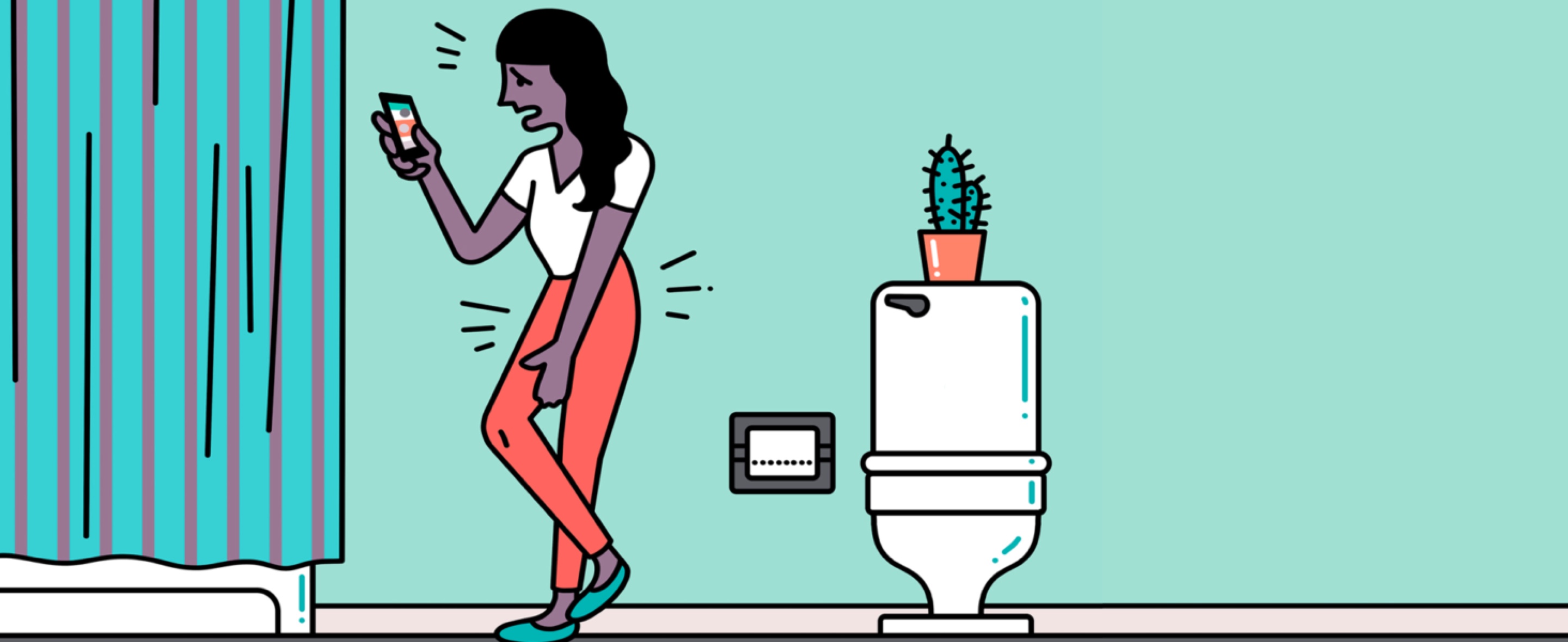TIRED OF RUNNIG TO TOILET BECAUSE OF FREQUENT PAINFUL URINATION??? THEN YOU ARE SUFFERING WITH INFECTION IN URINARY TRACT. LETS HAVE A GLIMPSE THROUGH IT AND HOW HOMOEOPATHY HELPS....

URINARY TRACT INFECTION
Urinary tract infection (UTI) is an infection in any part of your urinary system-such as kidneys, ureters, bladder and urethra. Most infections involve the lower urinary tract-the bladder and the urethra.

The Urinary System
The urinary system (also called the excretory system) produces, stores and eliminates urine. It includes two kidneys, two ureters, the bladder, and the urethra as well as two sphincter muscles.
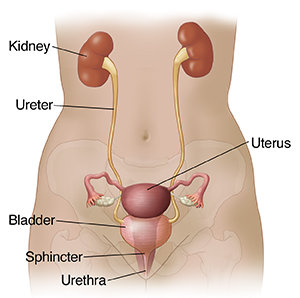
CAUSES OF INFECTION
Urinary tract infections typically occur when__ bacteria__ enter the urinary tract through the urethra.
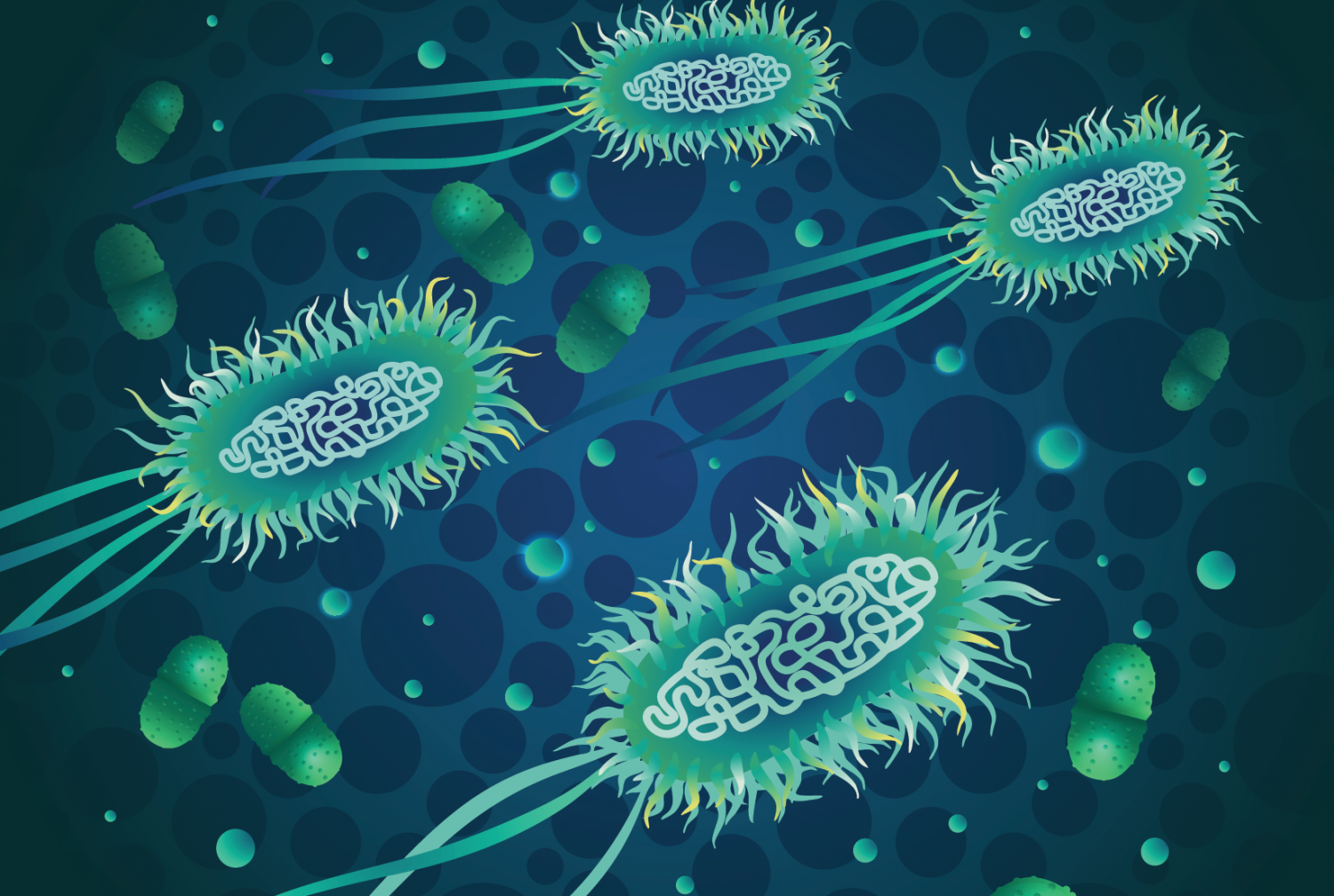
The bacteria then multiply in the bladder and can result in an infection.
The bacteria that usually cause an infection come from the intestinal tract and live on the skin near the rectum or in the vagina in women.
The most common organism is E. coli but other bacteria can also cause infections.
Sexually transmitted diseases such as Chlamydia and Gonorrhoea can cause urethritis.
Generally the infection is limited to the bladder or urethra.
However, especially if left untreated, the bacteria can continue to multiply and travel up the ureters to one or both kidneys.
RISK FACTORS
- Comparing to sex __women __is at greater risk of developing a UTI than men
- As males age, they often have enlargement of the prostate gland. This causes an obstruction to the flow of urine. When the bladder does not completely empty, bacteria are not fully flushed out and can multiply and cause an infection.
- In males who are not circumcised, there are more bacteria living closer to the opening of the urethra which increases their risk for developing an infection
- After menopause, females are also more prone to infections due to lack of estrogen.
- Increased sexual activity leads to more frequent urinary tract infections in women especially when a spermicide is used and there is more than one sexual partner
- Neurological abnormalities such as a neurogenic bladder can lead to recurrent urinary tract infections as the bladder does not empty correctly
- Diabetes and other diseases can impair the immune system and increase the risk of infection
What Are The Signs And Symptoms Of UTI?
- Strong, persistent urge to urinate
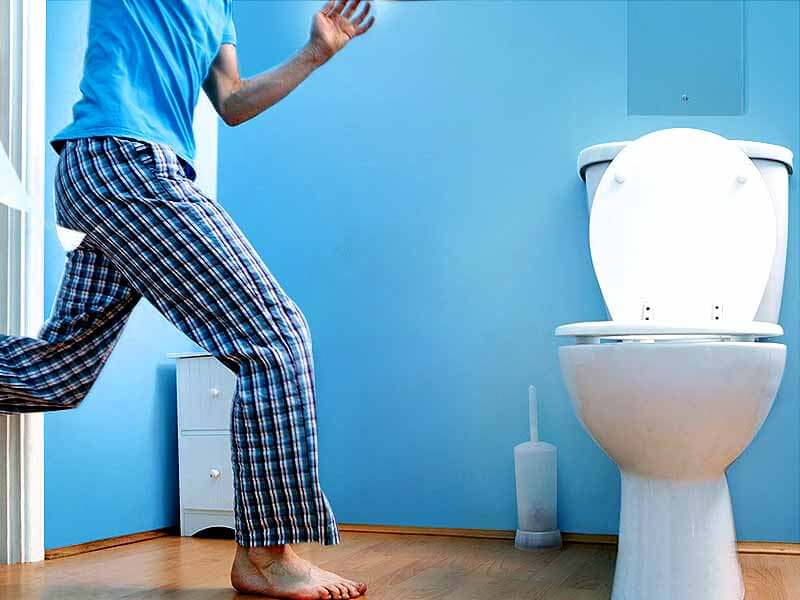
- Burning sensation when urinating

- Passing urine frequently in small amounts
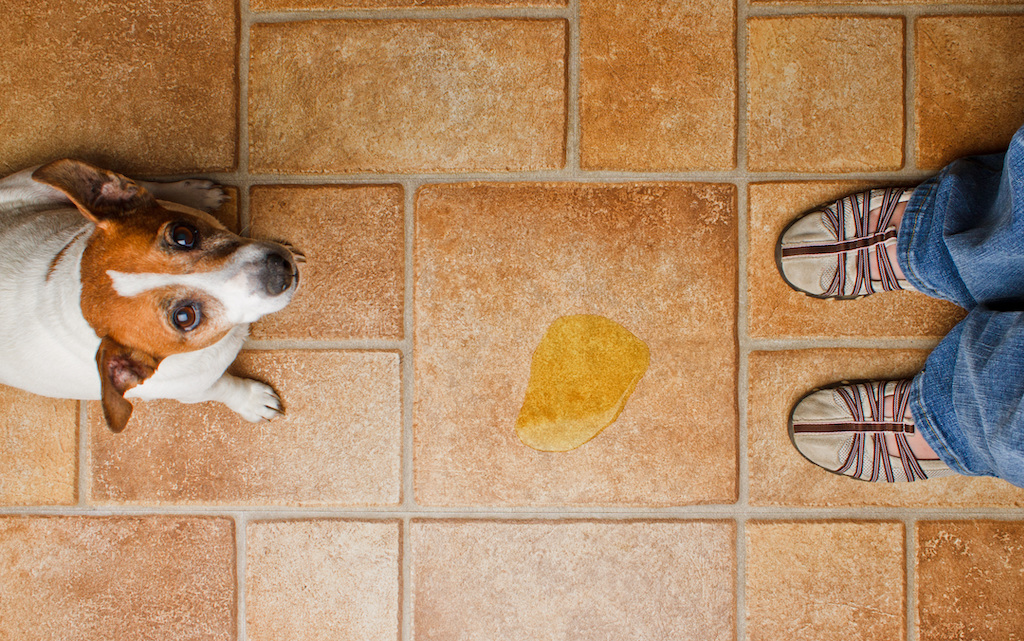
- Cloudy, pink, or brown urine
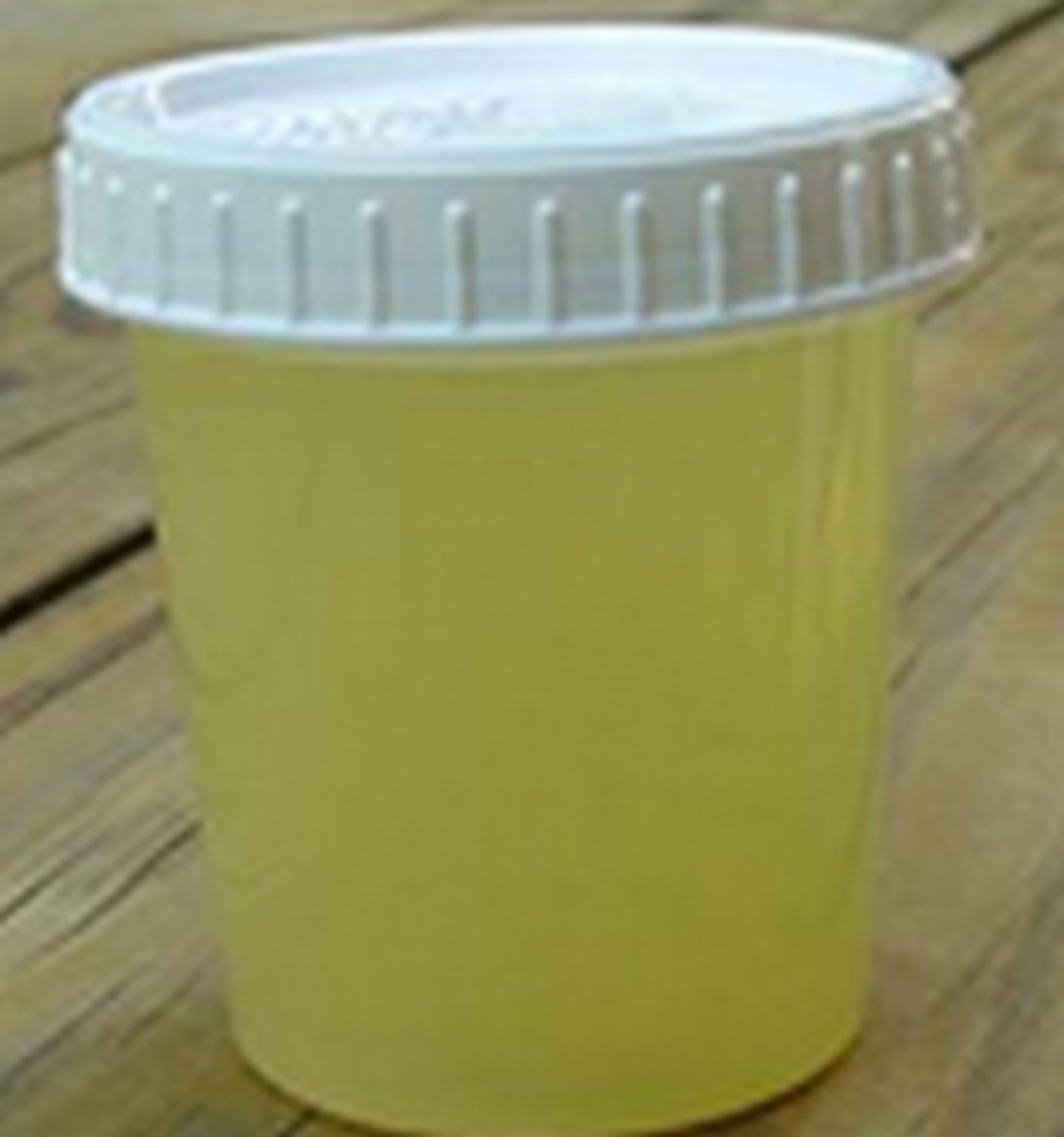
- Strong-smelling urine

- Pelvic or rectal pain

More specific symptoms may depend on which part of the urinary system is infected:
| Kidneys(pyelonephritis) | Bladder(cystitis) | Urethra(urethritis) |
|---|---|---|
| Upper back and side (flank) pain | Lower abdomen discomfort | Burning with urination |
| High fever | Frequent, painful urination | |
| Shaking and chills | Bloody urine | |
| Nausea | Discolored urine | |
| vomiting |
DIAGNOSIS???
- Diagnosis is usually done by testing a urine sample.
- The sample will be tested for the presence of white blood cells, red blood cells, and bacteria.
- The urine may also be set up for a culture.
- A culture will grow the bacteria that are present in the urine on a special media.
GENERAL MANAGEMENT
Drink plenty of liquids, especially water. Drinking water helps to dilute urine and causes increased frequency of urination which flushes out bacteria.

Avoid bladder irritants. Carbonated beverages (soda), caffeine (coffee, tea, soda), and alcohol are the most common irritants. sugar, chocolate, and highly spiced foods can also cause irritation in the bladder.

Empty bladder regularly. Flushing the bacteria out of the bladder and urethra is important to prevent infections.

Wipe from front to back. After urinating or bowel movements, wiping from the front to the back helps prevent bacteria in the anal region from spreading to the vagina and urethra. And maintain vaginal hygeine.

TREATMENT
Homoeopathy has vast experience in treating urinary tract infection. Homoeopathy treats patients based on there symptom description and give medicine accordingly.By taking approprite treatment symptoms will be eased immediately.

